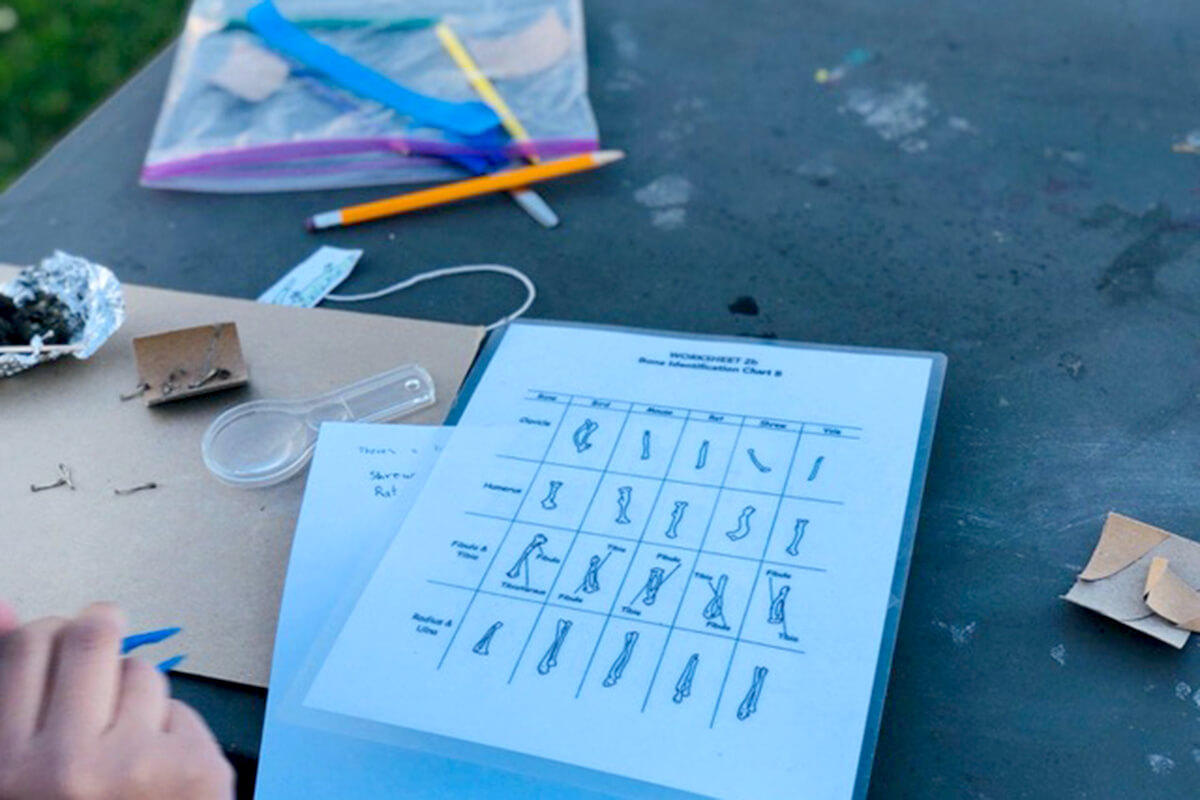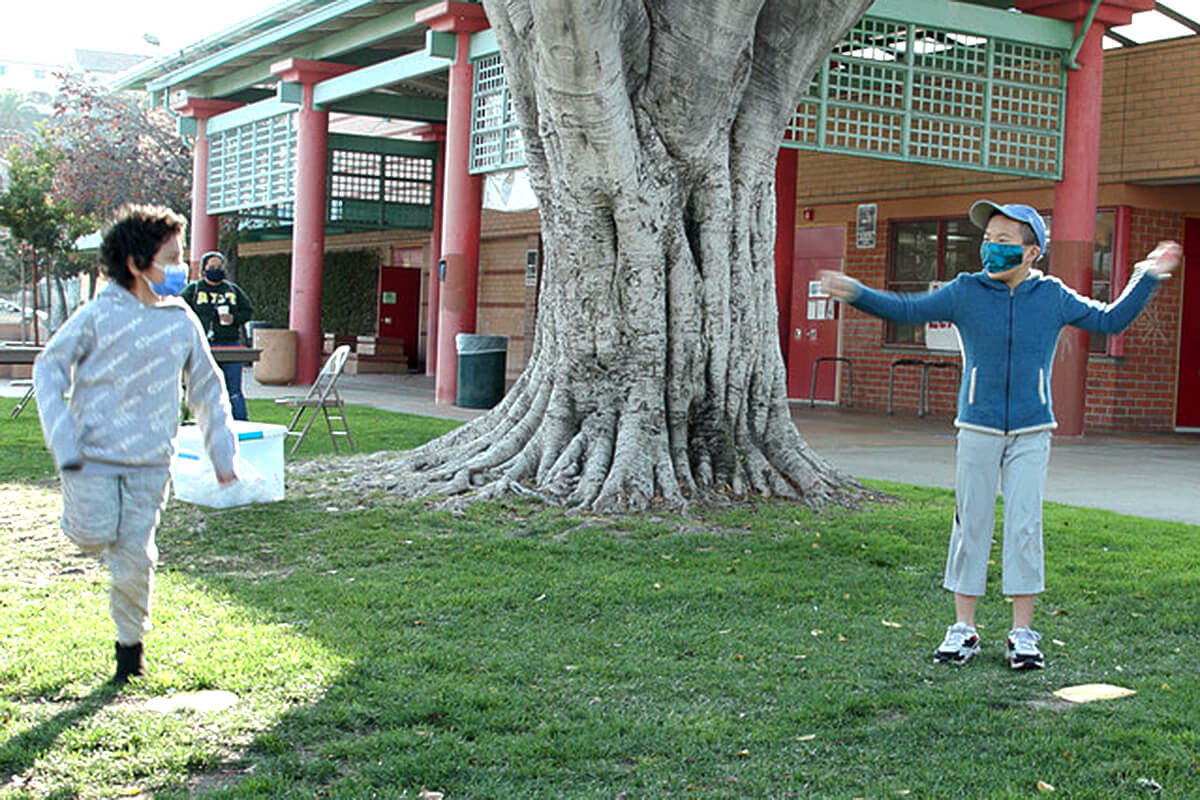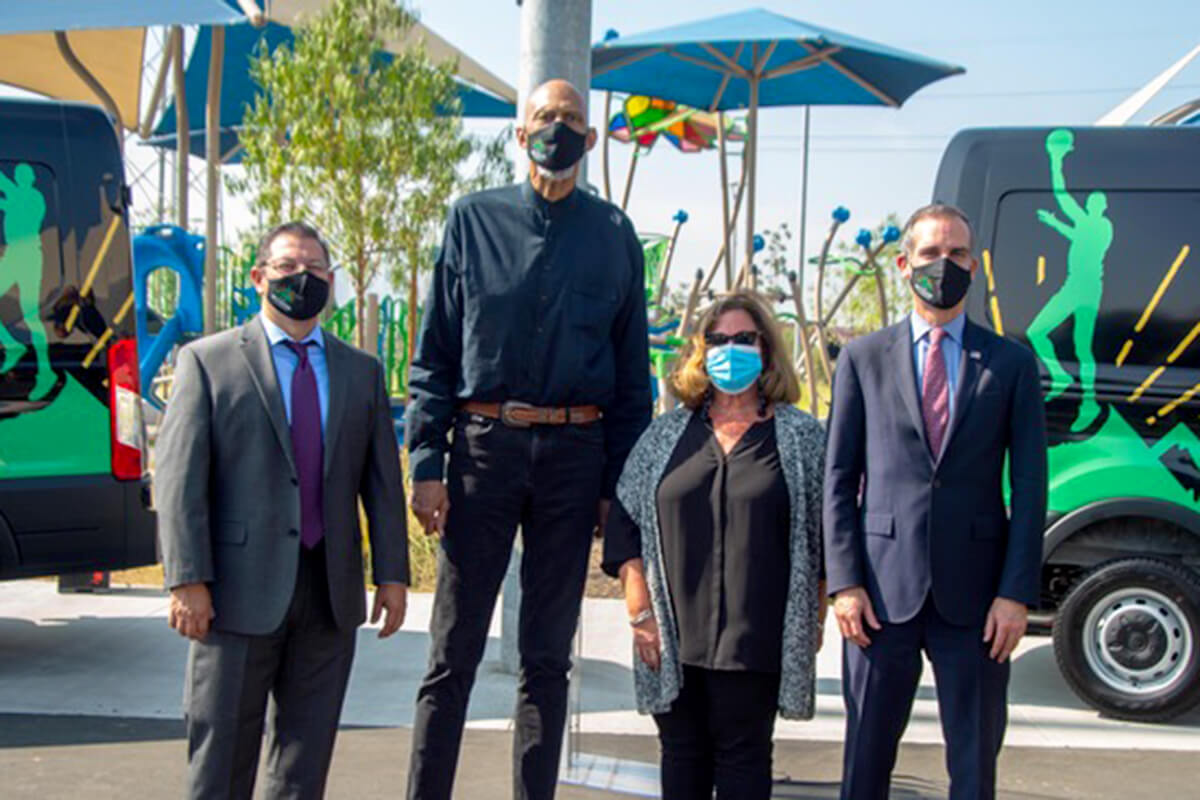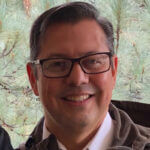Prologue: Costa Rica
Early morning walks to meet the preschool microbús are my earliest memories of engaging the natural world. The sun was usually bright, but the pavement was wet from the predawn rain that routinely showered our suburb in San José, Costa Rica. My grandmother and I looked forward to poking the open dormilonas (Mimosa púdica) that grew in front of the bus stop and watching them close their leaves. Grandma, seldom missing Sunday Mass, always found a way to explain nature as it connected to the divine. Beyond respect, nature must be held in reverence. I once noticed the irony and asked, “What about the chicken in last night’s arroz con pollo?” These debates and conversations occurred daily in front of that small patch of dormilonas at the bus stop. Those quiet moments would end as soon as the bus door opened and I heard the bustle of noisy classmates. It was my early childhood version of Zen and happy chaos. This was the start of a lifelong love of the role nature plays in our hearts, souls, and minds.
Act 1: The Problem
My love of nature and learning has led me to a career in education, specifically as administrator of the LAUSD Office of Outdoor & Environmental Education. In March 2020, it was announced that the entire Los Angeles Unified School District (LAUSD) would close, including all seven of our single-day field study programs and both of our residential outdoor schools, Camp Skyhook at Clear Creek and Point Fermin Outdoor Education Center. This action was necessary for the health and welfare of our students and staff.
However, we are very mindful of the families that live in places like Cudahy, California, reputed to be the poorest and most densely populated city west of the Mississippi. And there are many neighborhoods nearby that aren’t far behind regarding that sobering reality. These communities contribute the least to climate change, but they bear the brunt of the consequences to their health—including higher cases of COVID-19. Losing access to outdoor education and environmental literacy programs would remove the only access the children of these communities have to experience the wonder and peace of the natural world. The late U.S. representative John Lewis bottom-lined our sentiment: “We’re one people, and we live in the same house: not the American house but the world house.” In his spirit of social justice, finding good trouble would become the only option, as we had to do our part to help level the playing field during this pandemic.
Our initial response to support students was to join in the development of online lessons to support the sudden move to distance learning. It was disappointing, but not surprising, that this medium did not succeed in re-creating the experiences that onsite learning provided. Our students needed more.
Act 2: An Idea
By late April, I learned that many of our students had been walking to their local park to sign in to school for the day. Tables and desks were neatly arranged eight feet apart inside park gyms. Every student was assigned a device that they could take home. The wifi at the park was strong, and an adult was just a raise of the hand away if help was needed. They wore masks at all times, except during breakfast and lunch. The City of Los Angeles (L.A.) and LAUSD collaborated to support kids who may not have an adult at home. Our district prepared and delivered meals, while the city provided the venues and supervision.

Then it became clear—if kids can’t visit our programs, then our programs need to visit kids! The idea of mobile science and outdoor education programs is not new, but now the implementation would demand COVID-related updates. The LAUSD had a mobile van program briefly in 2009 and 2010, after the Station Fire put Clear Creek out of commission for a year. Our vehicles were 10 years old back then. Eleven years and (give or take) 80,000 miles later, we had the same three vans and a truck! The idea occurred to me that if I could convince people who could potentially help us update our mobile program to visit a site with strict COVID protocols in place, they would support our efforts to provide an outdoor after-school education program. This was the good trouble I had been waiting for.
After pitching the idea to my colleagues in L.A.’s city hall, the silence felt eternal. I was asked if I could follow it up with a proposal to more people the next day. Two days later, their response was that moment of brilliant surprise and opportunity: “When would you like to begin?”
Our team of counselors and naturalists couldn’t wait to pack up those old vans with supplies, exhibits, and activities. County, city, and district health protocols were memorized, and each team member vowed to follow them. PPEs, hand sanitizer, wipes, and every manner of disinfectant was procured. Hula hoops were used as outdoor personal space “bubbles.” Anything handled by a child was sanitized and let stand for 72 hours. Traditional outdoor activities like singing and yelling were not allowed, as they might cause the spread of droplets. At least we were outside and at the park in Southern California, where the weather often cooperates.

For kids, this program provided a welcome break from being indoors in front of a screen. Outdoor spaces allowed them to refocus from the negative and to encourage a sense of freedom and gratitude. For two weeks, all was well. Then we ran into issues. One van had recurring problems with brakes. A second van had complete engine failure. Our staff were driving the 715-mile enrollment boundary of LAUSD with high-mileage 21-year-old vans. At that point naturalists decided to use personal vehicles.
Act 3: The Solution
A challenge such as the COVID-19 pandemic brings into focus the value of building community partnerships. I called one of our long-time partners, Kareem Abdul-Jabbar’s Skyhook Foundation, and explained the situation. Their past experiences with our work provided the understanding that this was the right thing to do. Their immediate responses were “Let us work on it” and “How many vans do you need?” “Four,” I said, “one for each naturalist.” In less than two weeks, we were informed that we would receive four new LAUSD-Skyhook Eco-Vans. Two Ford Transit cargo vans were customized and put into service in October. A third van arrived in January. The fourth is on the way. Saying these people are amazing is an understatement.

Each Eco-Van is named after one of Earth’s four systems: biosphere, atmosphere, geosphere, and hydrosphere.
LAUSD’s after-school and extended learning division, Beyond the Bell, approved and supported the initiative by approving staff hours. The City of L.A. safely welcomed us to their parks. LAUSD’s Student Health and Human Services provided social-emotional learning support. UCLArts & Healing provided their new curriculum guide and trainees for outdoor self-care and wellness activities. UCLA Science Project has provided sustained professional development. NASA’s Jet Propulsion Laboratory supported lessons that deliver the science protocols of Global Learning and Observations to Benefit the Environment (GLOBE). Organizations like the Panasonic Foundation worked with the Skyhook Foundation to support the purchase of the vans. For their work, the Skyhook and Panasonic Foundations were recently awarded the Corporate Social Responsibility Award by the Global Business Alliance for their work with the Skyhook Eco-Van program, an honor recognized by Congress.
Working together, these partners provided the financial, emotional, and curriculum support that was needed to bring nature to help nurture our students.
Epilogue
The vans aren’t just vehicles. They have come to symbolize hope, fun, discovery, and a reminder of what childhood was like a year ago. Our counselors and naturalists have driven to every one of the 60 parks’ centers, twice. These are the people who are in front of the students every day during the pandemic. They make the generosity and commitment of so many worth the effort. They make the experience memorable and are true to our mission: to create an emotional connection to learning and the outdoors.
I have had many Eco-Van program conversations since August. Practically everyone who was approached found a way to get involved. “If kids can’t go to camp, then camp will go to them!” became our collective anthem and response to COVID-19. Once schools re-open, Eco-Vans will be visiting during the school day or will support after-school programs. As one of our two program adaptations to confront the pandemic, the LAUSD-Skyhook Eco-Van program has galvanized dynamic collaborations and has led us to color outside the lines. Grandma would be proud.


One Response
What an inspiring and heartwarming story!